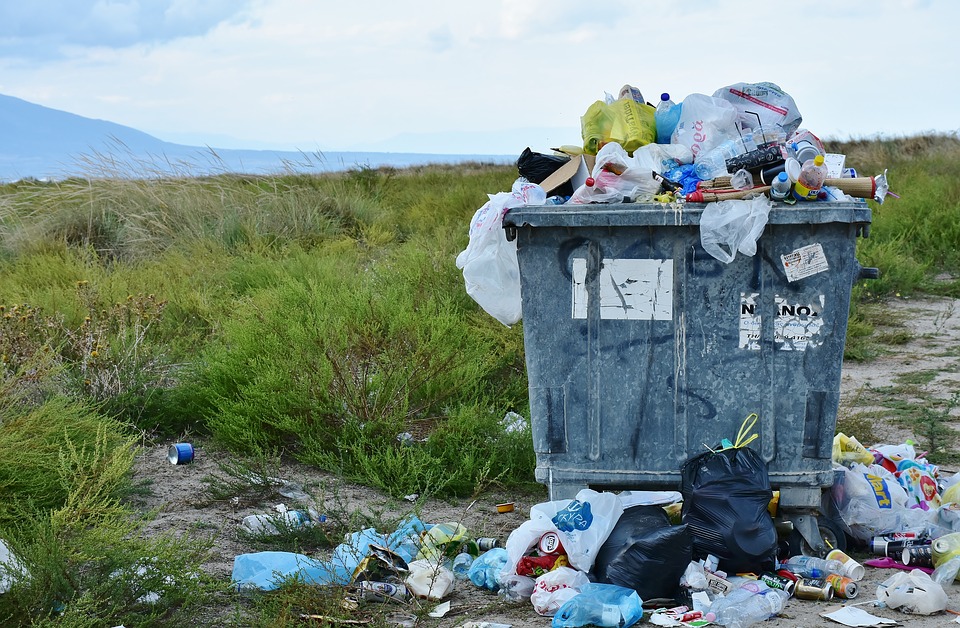Fourth Industrial Revolution teachers should develop their teaching patterns alongside with advancing technologies; thus, in a recent forum of education leaders, Leonor Briones counseled teachers to brazen up with the challenges of the era.
Philippine Education Secretary Leonor Briones made the call to education leaders as well, highlighting the changes the Fourth Industrial Revolution brought to the education system.
Of notable mention is the impact of artificial energy and data science in academics. The Secretary mentioned that teachers and education leaders will always remain at the forefront of technological changes.
Continuous improvement is the key to achieving quality education in the Fourth Industrial Revolution era. Briones outlined improvement areas for the Philippine teachers as follows:
- Upgrade in teaching methodologies.
- Build contemporary students alongside with Fourth Industrial Revolution technologies.
- Develop the potential of teachers to match with the Fourth Industrial Revolution technologies.
- Boost educational facilities and tools.
Fourth Industrial Revolution educational impacts
In the meeting with leaders from DepEd, the Education Secretary discussed the effects of artificial intelligence on the education system. One important point raised was the ease of accessing information on the internet via smart devices and computers.
She also underlined that genetic engineering, robotics, and brain implants might eliminate aging in humans. She mentioned;
We are moving from Homo sapiens to Homo Deus brought by scientific and technological advances.
Observing these current and impending changes the Fourth Industrial Revolution brings, Briones stressed that DepEd evolves and makes corresponding changes with the education tide.
To the teachers, the Education Secretary asked how prepared they are to take on teaching in the 21st century with its technological discoveries.
Role of teachers and education leaders
As data is easily accessible, students must learn how to differentiate between relevant and irrelevant data. Briones also mentioned that the learners need to be taught how to engage and be productive with the data. She explained that it is the role of teachers to guide students on accessing and using data.
Another value to imbibe in learners is moral values. The Secretary holds the opinion that the Fourth Industrial Revolution brings changing societal values, and youngsters need to maintain the right moral knowledge. According to Briones,
Our institution should hone our learners to contribute to a more inclusive, just, peaceful, and sustainable world.
Globe’s digital transformation over the last five years marked the beginning of many local industry innovations that are now changing the Philippines to be ready for the Fourth Industrial Revolution or commonly known as IR 4.0. Or more succinctly stated:
The first three industrial revolutions involved steam and water power, then electricity and assembly lines, then computerization and digitization. Now, we are transitioning to Industry 4.0, also dubbed as the Fourth Industrial Revolution, or FIRe by the Philippine Institute for Development Studies (PIDS).
For those in Asian countries, technological breakthroughs and the interplay of a number of fields, including advanced robotics, artificial intelligence (AI), nanotechnology, neurotech, data analytics, blockchain, cloud technology, biotechnology, Internet of Things (IOT), and 3D printing, have ushered in the Fourth Industrial Revolution (FIRe).
With these various FIRe technologies, the Philippines is deemed ready. Already being adopted by Philippine industries, “in varying degrees of diffusion”, potential benefits are projected upon. Every country’s capacity to aptly adapt to the global disruptions that are expected to come along with the FIRe will define its success.
Brought into prominence by Klaus Schwab, the founder and executive chairman of the World Economic Forum, the revolution is marked by powerful and disruptive technological innovations, including artificial intelligence, robotics, the Internet of Things and fifth-generation wireless technologies.
Here’s to hoping that the Philippines and all Asian countries will get their sights undistracted by political bickerings as they navigate towards the Fourth Industrial Revolution.







